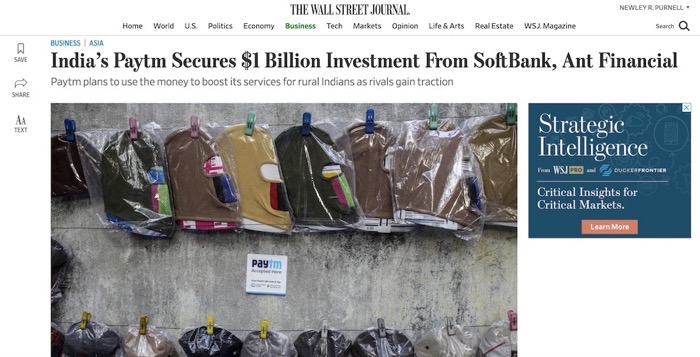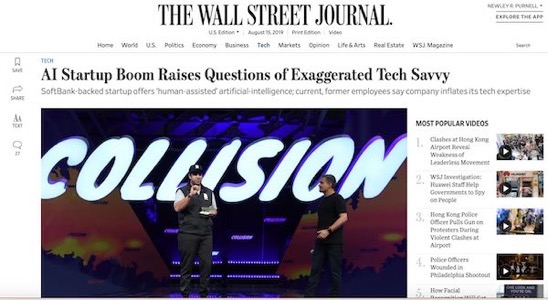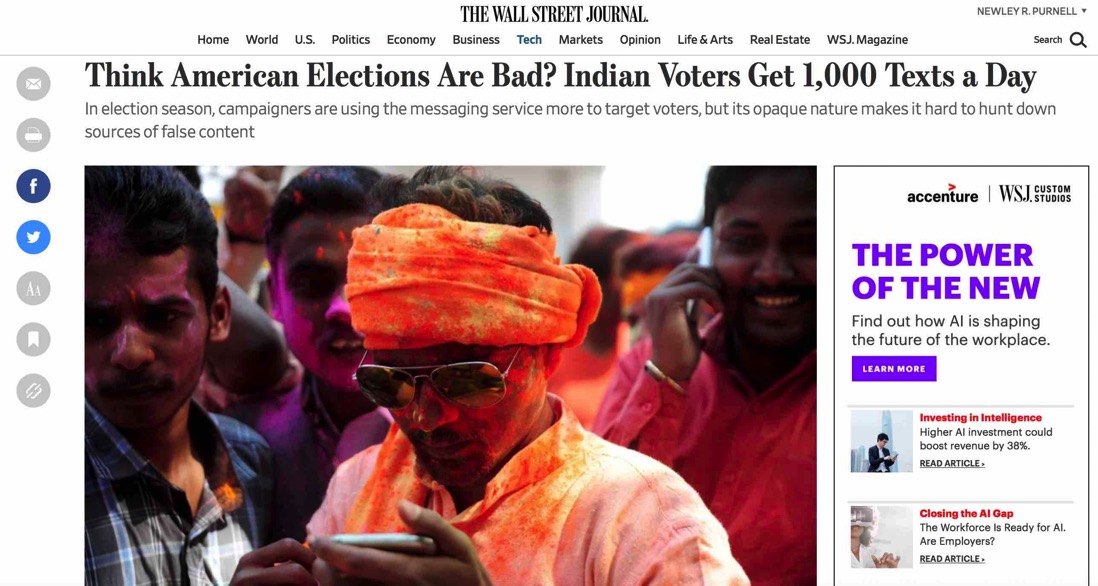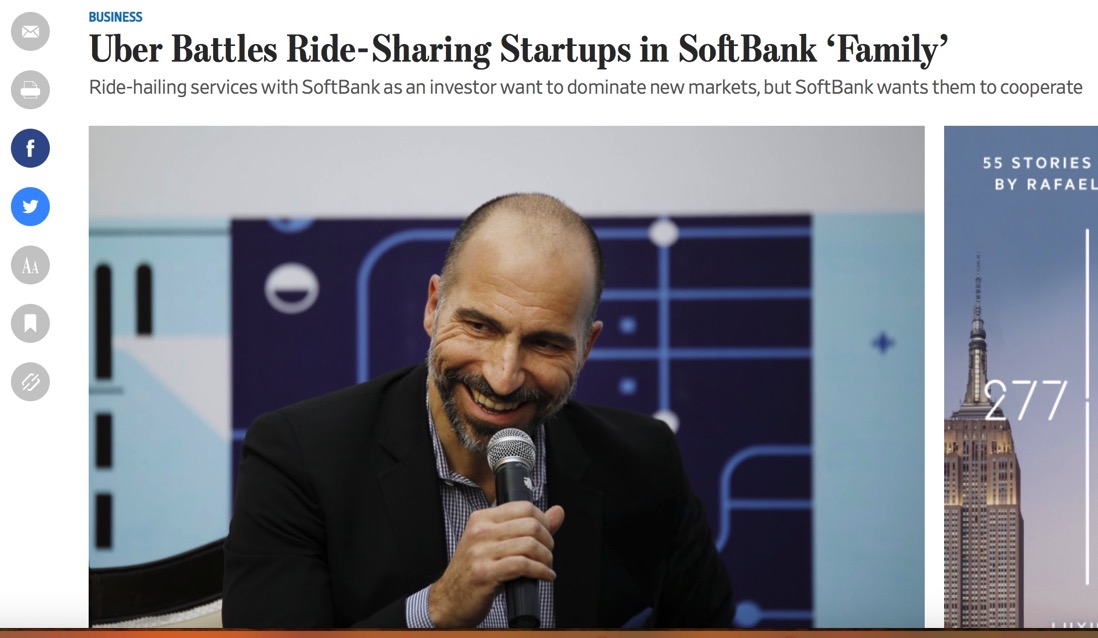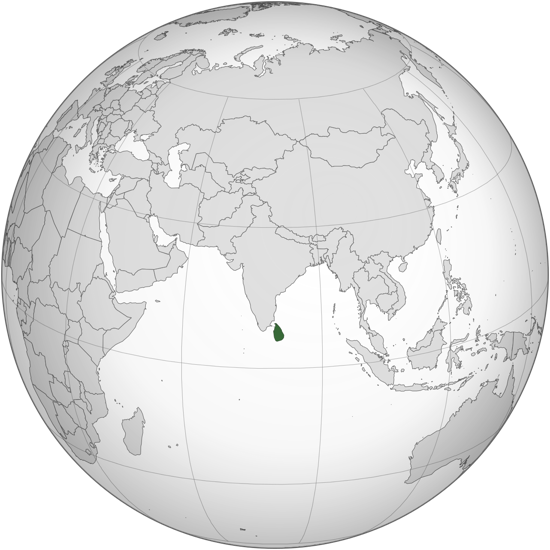
Hi, friends. Welcome to the latest edition of Newley’s Notes.
Apologies for my absence these past two weeks.
On Easter Sunday, when NN was last due to go out, news emerged about the horrific bombings at churches and hotels in Sri Lanka that killed more than 250 people. I was soon on a plane from New Delhi to Colombo.
I spent a good chunk of time in the capital and in the coastal city of Batticaloa. It was a heartbreaking story, but I’m proud of the work my WSJ colleagues and I did to document the events and get at the truth of what happened.
This week’s NN, then, will not be the typically wide ranging compendium of disparate links, but will focus mainly on the stories I wrote from Sri Lanka, along with a couple of other items you may have missed.
Here goes, in chronological order:
1) With my colleague Jon Emont: Sri Lanka Blocks Social Media Amid Bomb Attacks [WSJ]
“As Sri Lankan authorities scrambled amid a wave of deadly bombings across the country on Easter morning, among their first responses was to block social media, including Facebook and the popular messaging service WhatsApp.”
The block has since been lifted, but reflected, as we wrote, the “growing concerns in many parts of the world about the spread of false information and hate speech on social media and the use of online platforms to incite or exacerbate tensions.”
👂➡ Note: I later discussed the story with Kim Gittleson on The WSJ’s What’s News podcast.
2) With my colleague Eric Bellman: ‘Everyone Has Lost Someone’—Sri Lankan Church Bombing’s Wrenching Toll [WSJ]
“A parishioner was leading a prayer of thanksgiving to wrap up Easter Sunday services when a tall, slim young man ran into St. Sebastian’s Church from a side door.”
Eric and I focused on one of the hardest hit churches, speaking with victims’ families and others from the community to tell the story of what happened that day.
3) Another piece with my colleague Eric Bellman: Sri Lankans Adapt to Social-Media Shutdown as Government Holds the Line [WSJ]
“While some citizens said they welcomed the restrictions, others said they had found workarounds.”
4) A story with my colleagues Ben Otto and Niharkia Mandhana: Islamist Preacher Died in Sri Lanka Attack [WSJ]
“Authorities confirmed that a radical preacher who inspired a series of Easter bombings died during the attack, but security forces pursued Islamist militants into Friday evening, engaging in fierce firefights in the area from which he hailed.”
5) Sri Lankan Islamist Called for Violence on Facebook Before Easter Attacks [WSJ]
“Facebook declined to comment on when, or how many, of Hashim’s Facebook postings it has removed nor did the company say when it initiated the 24-hour monitoring in local languages. Facebook deleted the videos still visible Tuesday after the Journal inquired about them.”
Meanwhile, an item unrelated to Sri Lanka:
6) In NN 174 I shared the story I wrote about anti-vaccine misinformation on WhatsApp in India. Not long after it ran I joined CBS News’s Anne-Marie Green and Vladimir Duthiers to talk about the situation. The video clip is online here.
Thanks, as ever, for reading. Normal programming will resume next week.
Was this message forwarded to you? Sign up here.
👊 Fist bump from New Delhi,
Newley
(Image via Sri Lanka Wikipedia page.)


